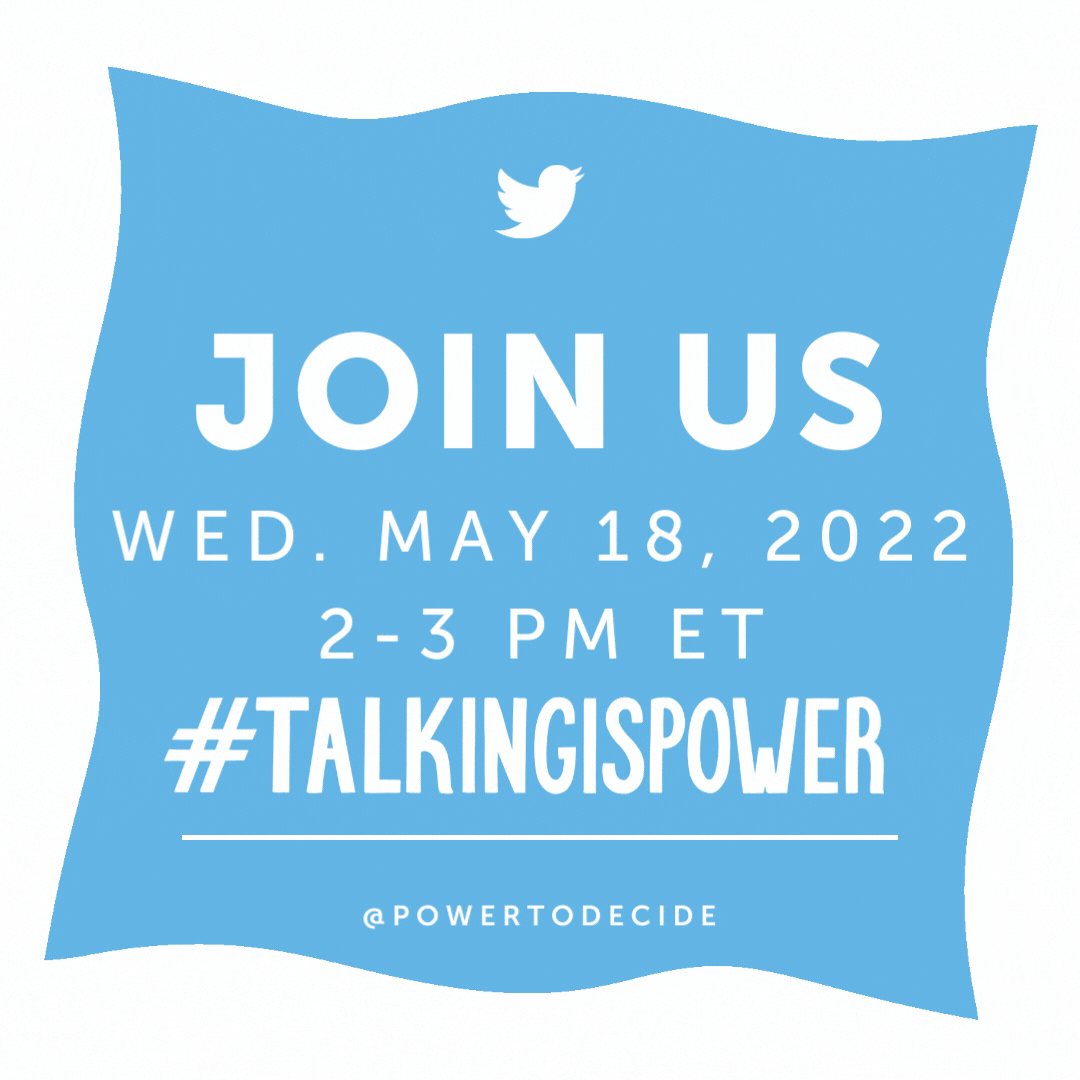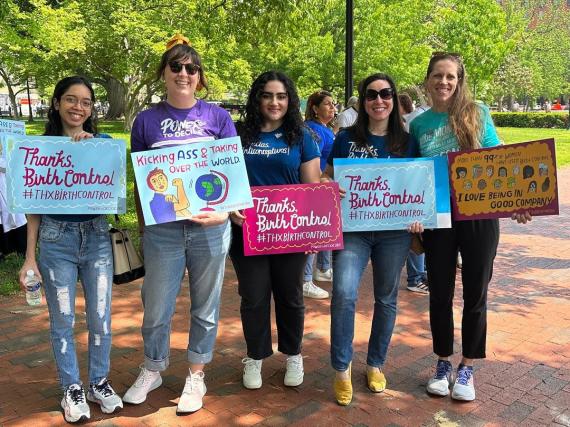Prompts and Tips to Starting Inclusive Conversations
Are you a parent or champion of a young person and want to talk, but aren’t sure where to start? Here are five conversation prompts and tips to help move things along.
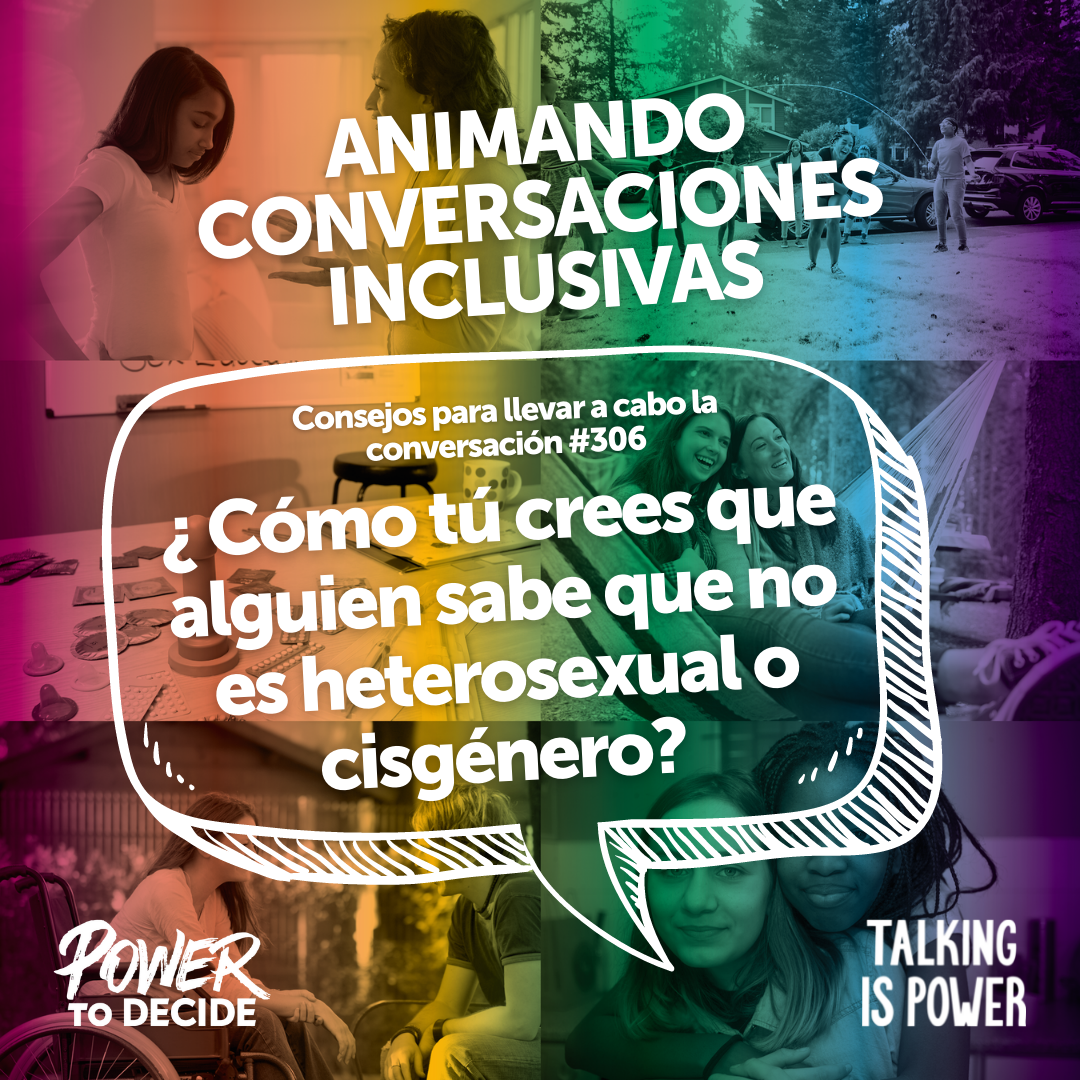
How do you think someone knows they aren’t straight or cis? // ¿ Cómo tú crees que alguien sabe que no es heterosexual o cisgénero?
First off, there is no right or wrong answer to this question. Everyone’s journey will be unique. But talking this question through and seeing how you and your young person may approach it differently is an interesting exercise that you can both benefit from.
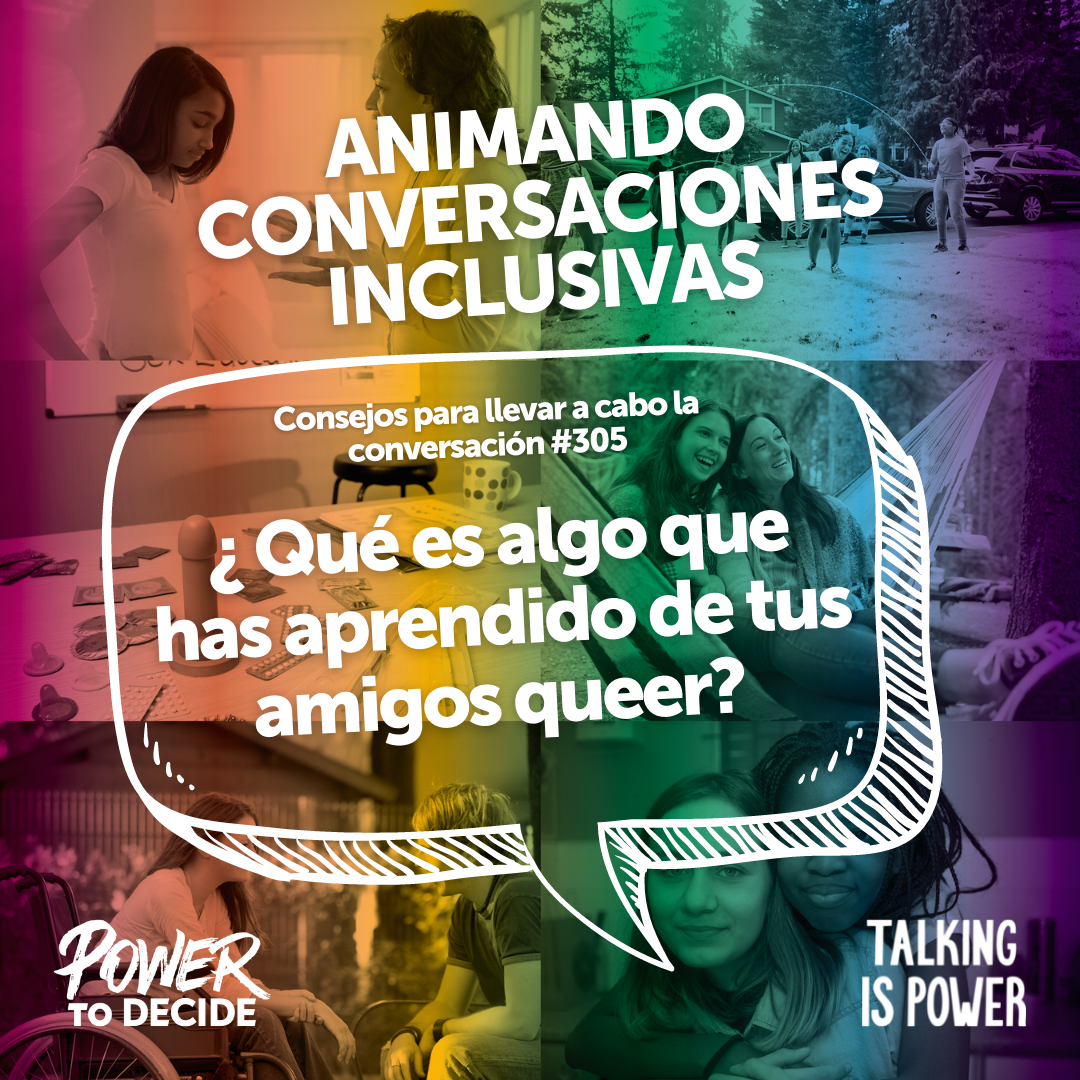
What is something you’ve learned from your queer friends? // ¿ Qué es algo que has aprendido de tus amigos queer?
This is a great question to pose to all young people, regardless of their gender and sexual orientation. Not only can their answer help you get a feel for what they and their friends might be thinking about most right now, but you may also get an opportunity to learn something new. Plus, in a conversation that can sometimes feel awkward or intimidating, this question is one that they can answer as seriously or lightly as they want.
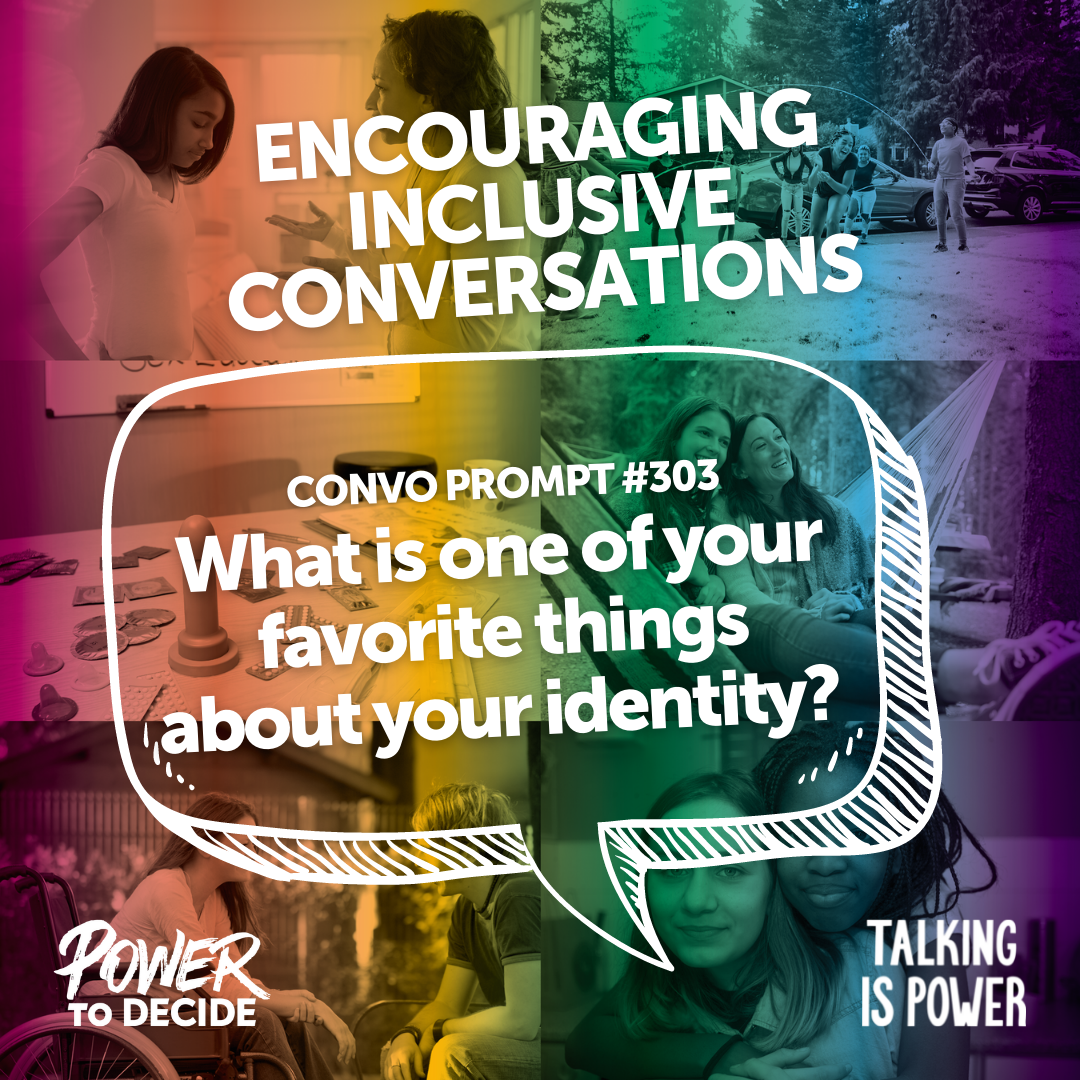
What is one of your favorite things about your identity? // ¿Cuál es uno de los aspectos favoritos de tu identidad?
For those with young people who have come out as questioning, not straight, or trans, this is a great question to open a conversation with! It’s broad, which means your young person can answer however they want, but it will also allow you to learn more about them and their journey. Asking this question also presents an opportunity to focus on the positive and prioritize about self-love.
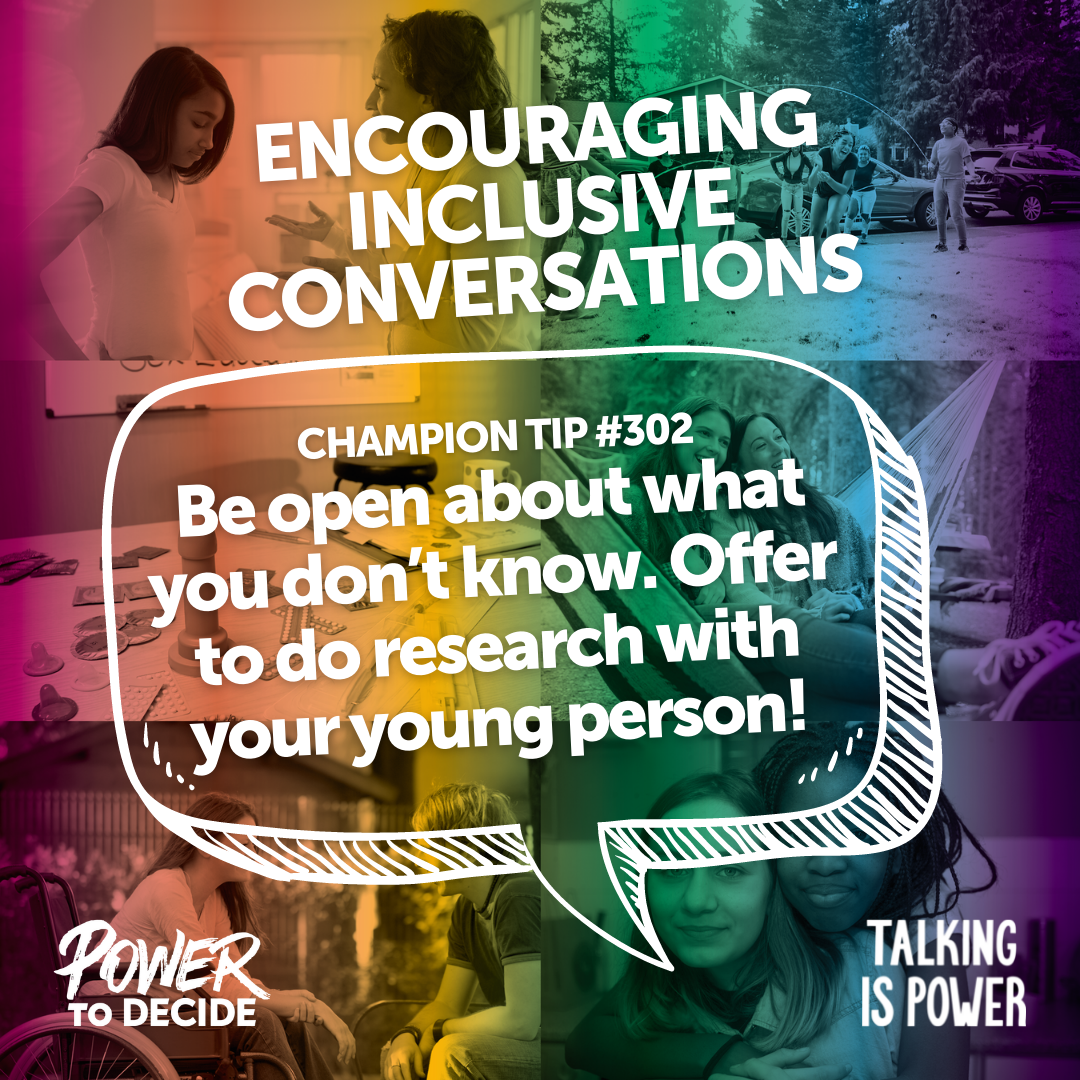
Be open about what you don’t know. Offer to do research with your young person. // Sé abierto con lo que no sepas. Ofrécele a la persona joven en tu vida investigar y buscar información.
We all know that no one is an expert on everything. We don’t expect our bosses, coworkers, or friends to have all the answers. And most of us use Google every single day to learn what time the pharmacy closes, which actor was in that one movie we love, or what adumbrate means (“to describe roughly or give a summary of”). So don’t suddenly hold yourself to a higher standard when it comes to talks about sex, love, and relationships. If something comes up while talking or if your young person asks you a question you don’t know the answer to, be honest and say you aren’t sure. You can either come back to them later after you’ve done your homework, or you can do research and learn together.
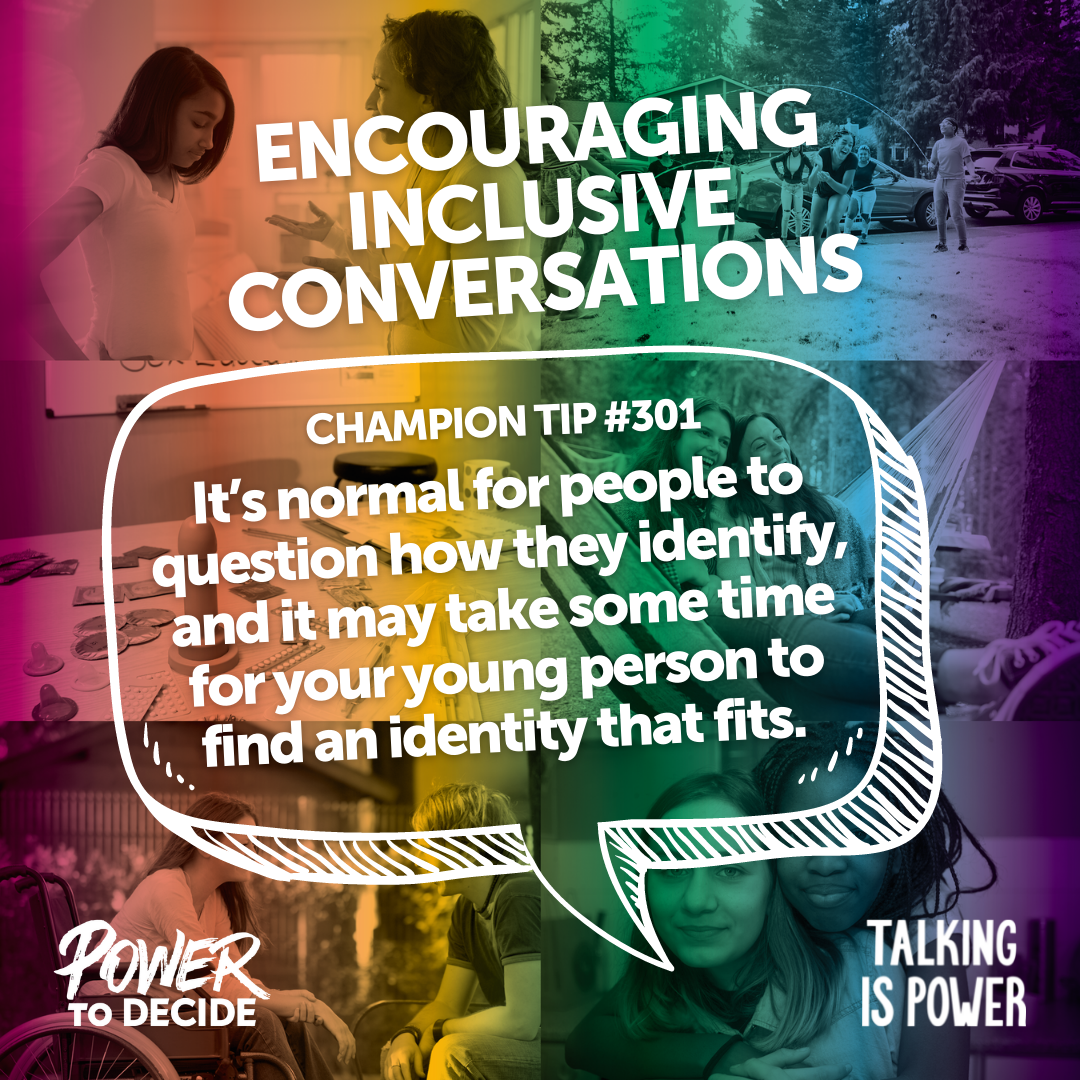
It’s normal for people to question how they identify, and it may take some time for your young person to find an identity that fits. // Es normal que las personas se cuestionen cómo identificarse, y puede que le tome tiempo a una persona joven encontrar una identidad que le sea cómoda.
In the same way that we may develop a love for spicy food we used to hate or an interest in golf after finding it boring before, it’s normal for people’s sexuality or gender identity to evolve over time as they learn more about themselves. This is especially true for young people who every day are learning more about who they want to be and how they want the world to view them. If your young person lets you know that they’d like to use different pronouns, or they identify as a different sexuality today and next week they have a different idea of their gender or sexuality it’s ok. Don’t feel like you need to make a big deal out of it, just continue to be a supportive presence and safe space.
Stay tuned all month long and check out more tips on how to start discussions about the topics your young people actually want to hear about! Remember: talking is power.
